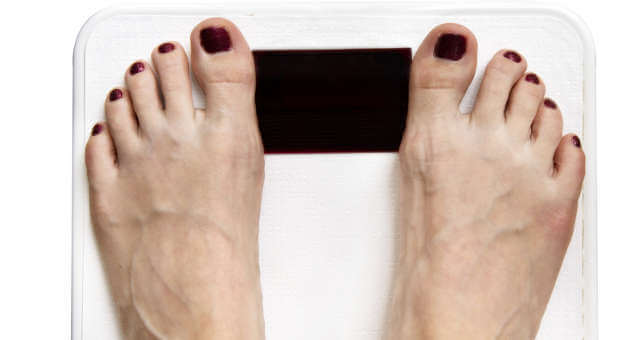Q. I want to lose weight and keep it off. A lot of people are trying high protein, low carbohydrate diets–eating meat but skipping bread, potatoes and pasta. Do these diets really work?
D.M., San Diego, California
A.It’s great that you want to lose weight. Being overweight increases the risk of heart disease, diabetes and cancer. But you need to be careful how you shed those pounds.
High protein, low carbohydrate diets are the subject of many heated discussions by everyone from health nuts to university professors. And these diets are growing in popularity and acceptance.
Are they effective? Yes they are, but you should approach them with caution. Here’s why they work.
The simple sugars found in starches such as white breads and pastas stimulate the pancreas to produce a lot of insulin. Insulin is the remarkable hormone responsible, among its many other functions, for controling the level of sugar in the bloodstream. When the body’s cells become saturated with sugar, insulin converts the excess (carbohydrates) into fat.
Protein-rich foods do not stimulate the production of insulin. Therefore in the absence, or lack, of carbohydrates in the cells, the body quickly starts to consume stored fat as energy. The result? You start to lose weight–and inches.
But before you set out to stuff yourself with meat and cheese, consult your doctor. Find out first if you are a proper candidate for such a diet.
I recommend you eat a balanced, moderately portioned diet and couple it with one hour a day of light exercise. Walking, for instance, is essential to weight loss, and it will decrease your probability of heart disease significantly.
Also, avoid processed foods and those proscribed in the Bible, such as pork. Take a fiber supplement and multivitamin every day, too.
The important thing about being at your correct weight is not looking great. It is about living longer and stronger by lowering your risk of disease.
To determine if you are overweight or obese, use this formula to calculate your Body Mass Index (BMI): Multiply your weight in pounds by 705, then divide the answer by your height in inches–then divide that answer by your height in inches.
A BMI between 18 and 25 means healthy weight, between 25.1 and 30 means overweight and above 30 means obesity.
Weight control is vitally linked to longevity of life. If you dream of being around to see your grandchildren grow up, or to serve the Lord for decades, you’ll need to get your weight under control.
Q. I’ve heard that diabetes is genetic, especially if a person’s father or mother has it rather than a grandparent. Is this true?
G.G., El Mirador,
Yucatan, Mexico
A.Many of my patients ask me if they will get diabetes if one of their parents has it. People can have genetic predispositions for certain diseases, but I believe a person inherits bad habits more than bad genes.
For example, if your father has diabetes and you live exactly like him, eating the same diet, your probability of getting diabetes is high.
But it is more for this reason–because your lifestyle is like your parent’s–that you may have a higher risk of developing it yourself.
Studies indicate that people who exercise and eat a diet low in refined flour and sugar have a lower risk of developing diabetes. Americans, for example, maintain diets high in sugar, ingesting about 170 pounds of it per person annually.
Still, the best news is that you are aware of your need to do something to lower your risk for this disease. If one of your parents has it, you are at a distinct advantage because you know you need to take precautions to protect yourself.
I recommend that you talk with your family doctor and ask for advice on what would be the most healthful course of diet, exercise and lifestyle for you. Taken together, these three things can decrease your probability of getting the disease.
You have a lot of power for lowering your risk. You are not predestined to be diabetic just because a family member is.
Francisco Contreras, M.D., oversees Oasis of Hope Hospital, a cancer-care facility in Mexico widely known for alternative-treatment methods. He is the author of several books on health, including the new The Hope of Living Long and Well (Siloam Press), available at www.charismawarehouse.com.














































